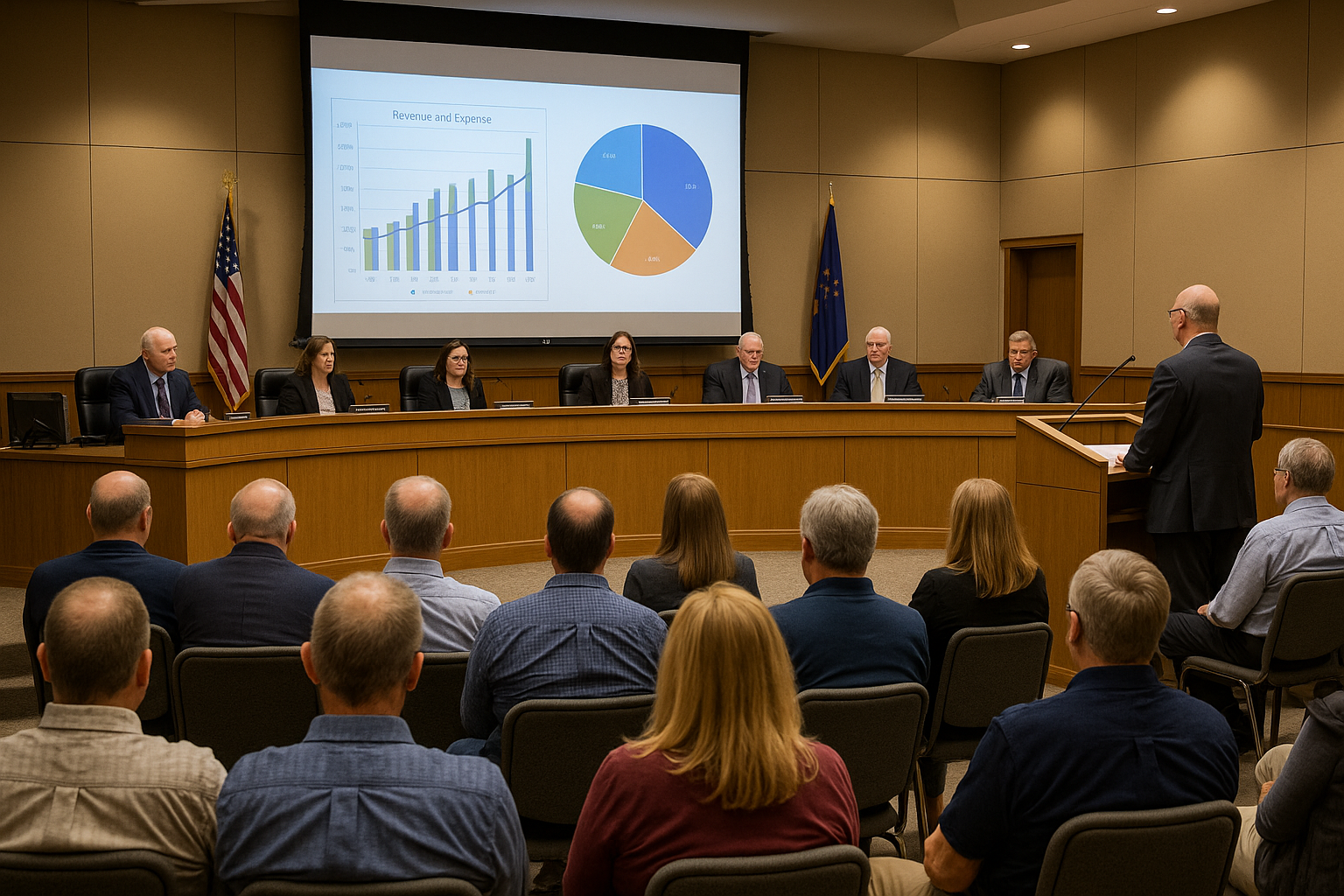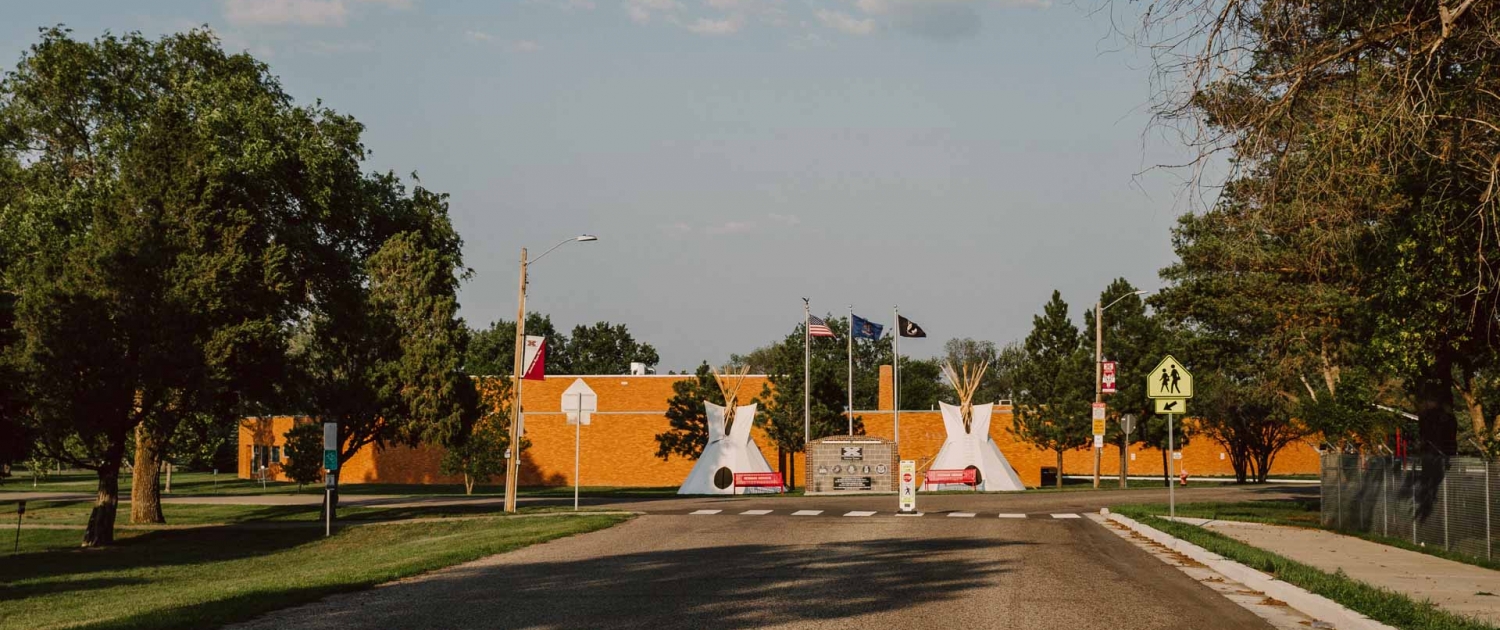As federal tax reforms and state income declines squeeze coffers across North Dakota, Bismarck’s city finance officials warn they’re under increasing pressure to close budget gaps — a task that may force changes to taxes, service levels, or capital priorities.
North Dakota is projected to lose $129 million in individual and corporate income tax collections over the 2025–27 cycle due to recent federal tax changes.
That drop at the state level reduces grant potential and intergovernmental support, shifting more burden to cities like Bismarck.
The 2026 budget shows $72.2M in general fund revenue, yet $79.8M in planned general fund spending — leaving a multimillion-dollar shortfall.
Under North Dakota’s House Bill 1176, cities are limited to 3% growth in property tax revenue year over year — restricting how much Bismarck can raise revenue from local property taxes.
Costs rising, revenues constrained, and local options shrinking. Bismarck’s finance leaders say the city is at a pivot point.
I reached out to Dmitriy Chernyak, Bismarck’s Finance Director, and Commissioner Anne Cleary, chair of the budget committee, for insight.
Commissioner Cleary acknowledged tough conversations ahead:
“We passed large projects like a new police station and water plant — but we can’t keep adding without offsetting cuts or revenue. The cap forces us to be more surgical this cycle.”
The 2026 budget allocates money to an $80 million police station (via a half-cent sales tax), water treatment expansions, and airport improvements. City worker salaries, benefits, and expansion of staff are projected at $85 million — a heavy load compared to constrained general revenue. For years, Bismarck has tapped reserves to plug gaps. But reserves are finite — and with ongoing deficits, that strategy isn’t sustainable.
The 3% limit restricts how much Bismarck can raise property taxes annually. Voters approved a half-cent sales tax earmarked for infrastructure and public safety — increasingly the only “new revenue” lever for big projects. The city is considering adjustments to water, sewer, and other utility fees to recoup costs. In past budgets, they’ve even reduced base charges courtesy of state grants.
Some city services may see belt-tightening: delayed maintenance, reduced expansions, slower staff increases.Utility bills and fees could rise modestly to cover operational shortfalls. Debate over future tax or bond measures may intensify — residents should expect more outreach and public hearings. Expect tough tradeoffs: “nice to have” projects may be deferred in favor of core services like public safety and infrastructure.
Bismarck stands at a fiscal crossroads. External shifts in tax policy and internal constraints collide, putting city officials under pressure to make difficult tradeoffs. The path forward will likely include a mix of fee increases, leaner service plans, and carefully chosen investments. For locals, this is more than budget talk — it’s about the quality of roads you drive, water you use, safety you expect, and what your wallet will absorb.


